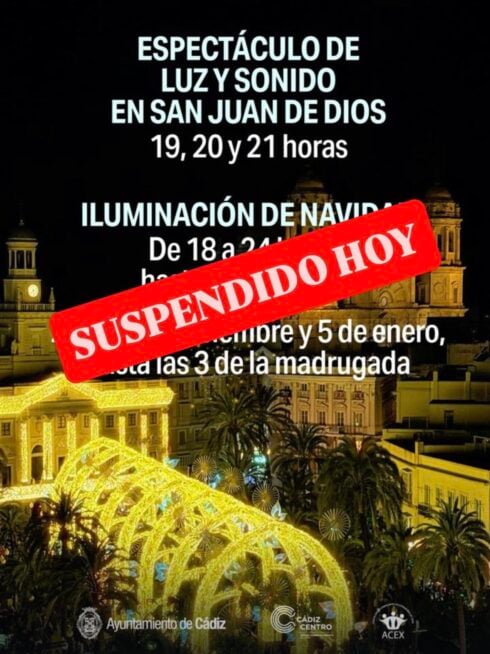A NEW documentary film has unveiled the unsettling truth behind Spain’s ‘green energy’ transition.
‘Vidas Irrenovables’ (Unrenewable Lives) by respected production company Metafora Visual, investigates almost 50 case studies of communities throughout Spain affected by the move to renewable energy.
“The roll out of renewable energy is causing many problems for ecosystems, the lives of local people and the environment.
“It’s not been planned in a way which has considered all the effects on people that live in rural areas. It’s destroying forests, agricultural land and ways of life. We’re trying to give these people a voice,” said the film’s director, Francisco Vaquero, 39.

Photo: Vidas Irrenovables/Metafora Visual
Last year, over 50% of Spain’s energy came from renewable sources, a much higher level than its European neighbours.
By 2030, the Spanish Government hopes this will rise to 81%, almost triple the amount produced in 2020.
One of the most obvious impacts of renewable energy, says Vaquero, is the destruction of natural habitats.

Clean energy devices reduce space for animals and plants to live, eat and nest, while wind turbines are known to kill birds, bats and other species.

Constructors often blow up forests or fell trees to make space for the installations, damaging local flora and fauna.
In Amil, Galicia, the construction of a wind farm destroyed the town’s natural water source, meaning they had to resort to a neighbouring town for help.

“Spain is being devoured, southern Europe is a ‘sacrificial zone’ for renewable energy.”
“If it continues this way, I’m not sure what will be left of the country,” says Francisco.
READ MORE: Giant solar trees planted to charge up vehicles, bikes, and electronic devices in eastern Spain

After the average 20-25 year life cycle of the wind turbines, they cannot be recycled and there is currently no plan to recycle solar panel parts.
By 2050, it is estimated there will be 80 million tonnes of these renewable energy materials, much of which will be buried underground, further disrupting ecosystems.
“They think they are taking care of the planet, but really they just want to own it,” said Marisa Casal, who appears in the documentary.

She has been campaigning against a 10 million square metre solar panel farm in Coin, Malaga, for the past four years.
The member of local protest groups, the Asociacion Valle Natural Rio Grande, is particularly worried about the risk of cancerous chemicals found in solar panels leaking into the town’s water system.

She said: “It’s terrifying, but we will keep fighting for young people.”
The project will see at least seven solar farms installed in the La Jara area of Coin, nearby Sierra de las Nieves National Park.
Providing 560 megawatts of energy, the megaproject is just one example of the 214 licensed in Spain between 2022-2023 and the 800 in Andalucia online.
Managed by Natera Solar, S.L. and Orla Solar S.L., the project is supported by two renewable energy investment funds, Admiralty Management and Berlin based Q-Energy.
Like many green energy projects, the Coin solar farm is funded by foreign investors and businesses.
In total, 15,000 of 31,500 megawatts authorised are managed by foreign companies, the biggest player being the Italian owned business, Endesa.
READ MORE: This region in Spain wants to turn graveyards into solar farm

Clearly, renewable energy is big business in Spain.
In fact, many large oil companies like Repsol and BP are heavily invested in the industry, as it allows them to lower their overall carbon footprint and taxes.

“It’s all about money,” said Marisa.
“If they really wanted clean energy, they would be helping people to become self-sufficient with localised, shared renewable energy sources but they will never do that because then people won’t need to pay them.”
Renewable energy sources are often constructed on former agricultural land which is appropriated or sold in exchange for ‘pennies.’
After a year of local farmers protesting EU laws that make foreign imports cheaper than buying domestic products, the appropriation of agricultural land by renewable energy companies adds to the mounting pressure on Spanish farmers.
“Firstly, they take away agricultural land, sometimes by force, which takes a job opportunity away from our young people and worsens depopulation issues in rural Spain,” said Marisa.

Francisco agrees: “There’s something very dark behind this. The plan isn’t to create green energy but to make people dependent on big energy companies, force them out of the countryside and into cities, so they can have all the land.
“It’s all foreign investment funds like Blackstone and Vanguard that are buying up the country. It’s colonialism.”
He hopes the documentary will cause people to ‘wake up and fight’ against Spain’s growing renewable energy problem.
The activists insist they are not against renewable energy, but the huge scale of Spain’s current macro projects and their impact on the environment.
Pre Screenings will be held at the Universidad de Malaga and in Coin on October 4 and 5 respectively.
The film will be released officially on January 17 2025.
Click here to read more Spain News from The Olive Press.









